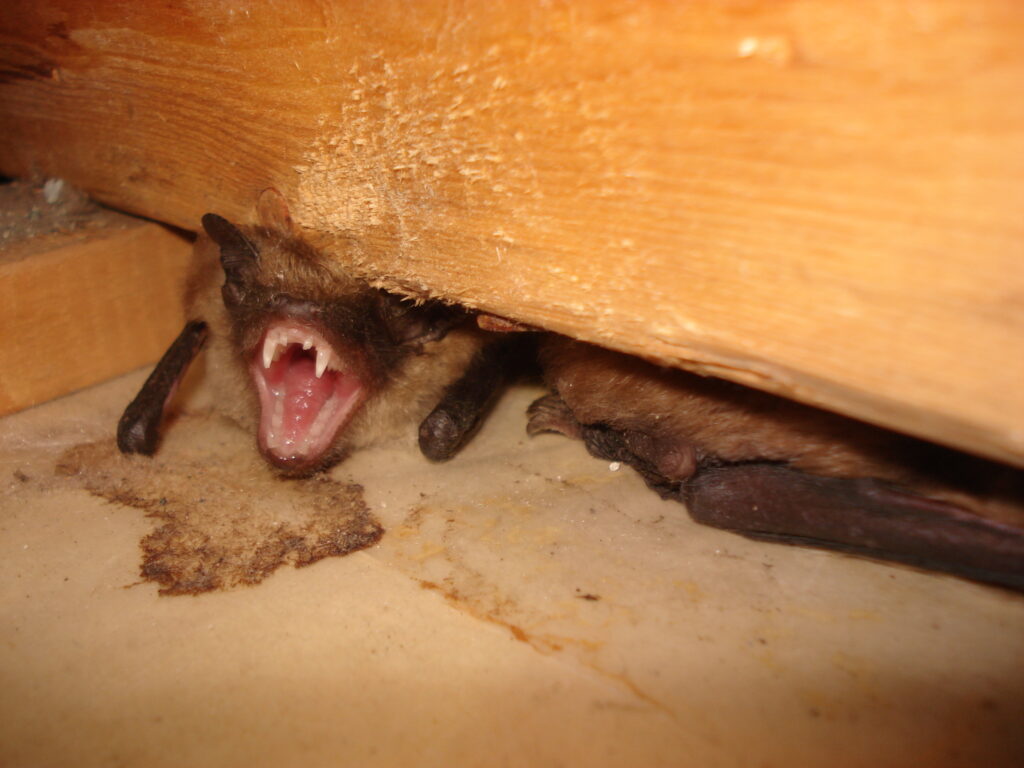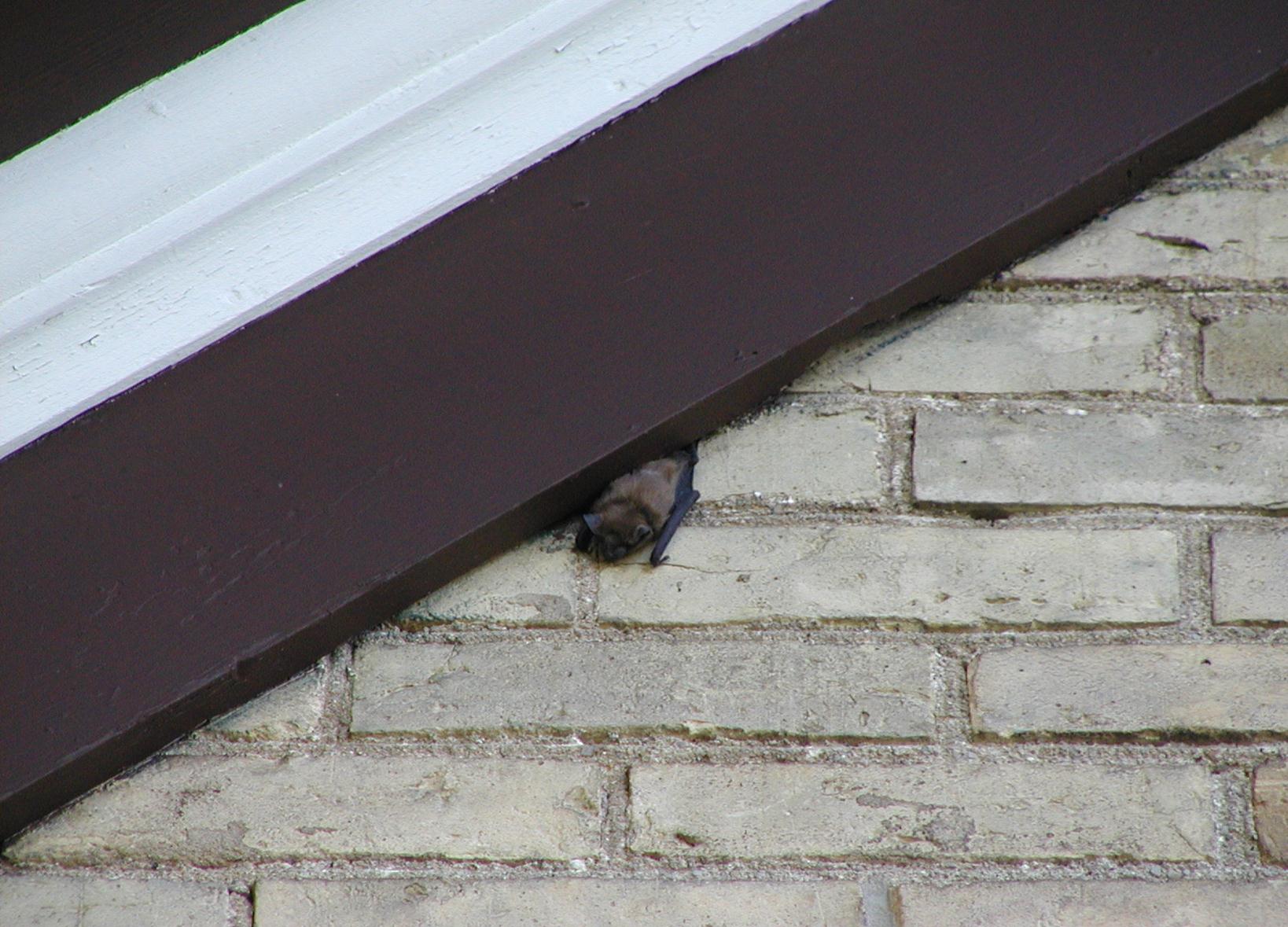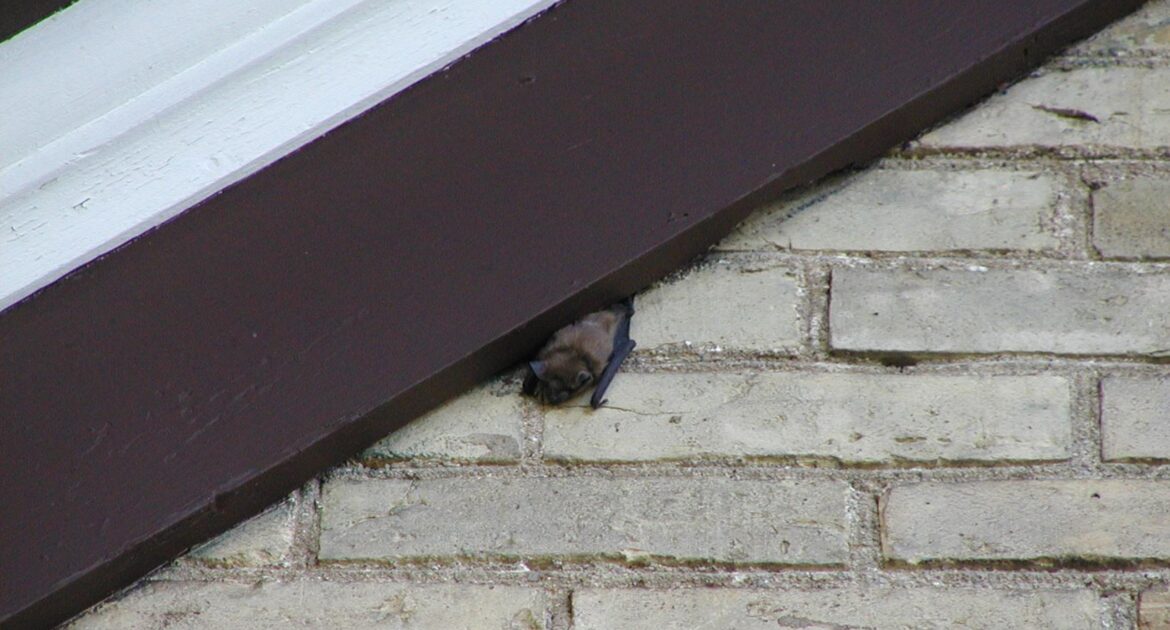Bats have both good and bad reputations that they don’t really deserve. If there are bats roosting in your home, you should contact bat removal as soon as possible. This is not because of the creatures’ purported viciousness, which is an exaggeration at best, but because bats can inadvertently expose you to disease, mostly through their droppings.
However, bats also have a reputation as a mosquito-killing machine. Though more flattering, this is an exaggeration as well. It is true that bats are beneficial creatures that have a role to play in mosquito control, but they do not eat as many mosquitos as their reputation suggests.
How Many Mosquitos Can Bats Eat?
The commonly cited figure that bats can eat up to 1,000 mosquitos an hour was based on student research and was not published in a peer-reviewed journal. Its accuracy is questionable. Another study, in which bats were given access to mosquitos to determine how they use echolocation to find food found that bats could eat up to 10 mosquitos per minute. Mathematically, this would work out to 600 mosquitos per hour if the bat kept up the same pace. However, the same study showed that bats only kept up that pace for a few minutes. Therefore, the 600-per-hour figure is probably exaggerated as well.
It is true that bats can eat about half their weight in insects per night. This figure includes mosquitos but is not limited to them. Research suggests that bats prefer other, larger insects and that mosquitos make up between 1% and 3% of a bat’s diet.
What Role Do Bats Play in Mosquito Control?
Nevertheless, even though bats do not eat as many mosquitos as they are reputed to, they can still contribute to a decline in the mosquito population. During one study, researchers set up two enclosures using nets that would allow insects to fly in and out but keep bats confined to one area. Both enclosures contained standing water for mosquito breeding sites, but only one contained bats. At the conclusion of the study, there were fewer mosquito eggs in the enclosure with the bats by 32%.
Therefore, even if bats do not prefer mosquitos or eat as many as most people believe, they can still interfere with mosquito reproduction. One theory is that mosquitos that have recently had a blood meal in anticipation of laying eggs make both a more appealing target for bats, because they are larger, and are easier to catch because they are slower.

What Impact Do Bats Have on Mosquito Population in the Wild?
Compared to controlled conditions, bats have less of an effect on the mosquito population in the wild. This is because the bat population itself is dwindling, in part because of infectious diseases. Protecting bats is important because of the vital role they have to play in the ecosystem. Beyond their modest effect on the mosquito population, bats are critically important to agriculture by pollinating plants. Not only that, but they help fertilize the ground and spread seeds through their feces. For these reasons, protecting bats needs to be a high priority for human beings whose fate is intertwined with theirs.
Humane Bat Removal Is the Answer
The attic of a home often presents exactly the sort of dark, confined space that bats look for to roost in when not feeding. While coexistence between bats and humans is necessary, cohabitation with bats is ill-advised because of the diseases they can carry and spread. Skedaddle offers wildlife control in Okanagan, and bat removal is one of our many services. We formulate a plan for removal and put it into action when it will not harm the bats. Then we clean the contaminated areas and use effective exclusion methods so they can’t come back. Contact our team in Okanagan today if you suspect wildlife living inside your home.




